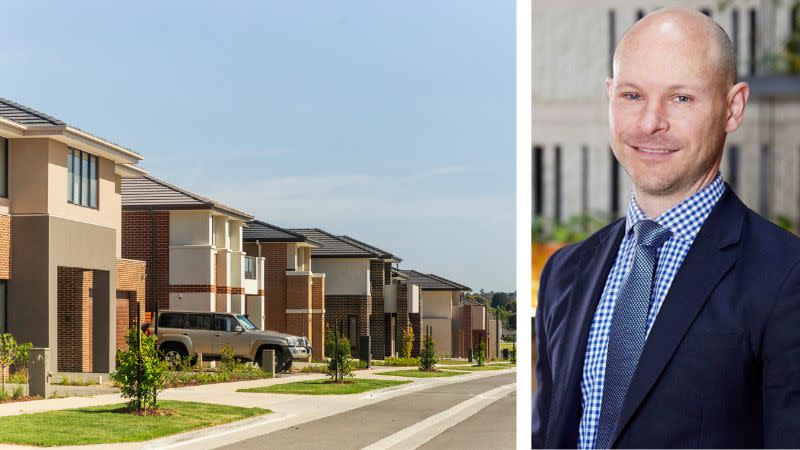Migration ‘Key To Melbourne Housing Market Future’

Migration will be key to how the Melbourne housing market develops over the next few years, according to research from Charter Keck Cramer.
The property advisor’s executive director Richard Temlett said overseas migrants and their living preferences would drive what the market wanted and how developers would need to design and build projects.
“Melbourne relies a lot on net overseas migration,” Temlett said.
“Lots of migrants are going into apartments and townhouses, and they’re renting them, but there’s opportunities for sales as they want to buy their own homes after a few years.”
Melbourne’s housing market is rarely not challenging and Temlett will be sharing findings of the research and thoughts about the market in the city in his keynote address at The Urban Developer Melbourne Residential Development Summit on April 13.
“The market is very distorted in Melbourne,” Temlett said, “there is a supply and demand mismatch.”
He said this was due to a number of factors.
For years, most states in Australia had fallen behind in delivering the number of houses and apartments needed to for the growing population and the pandemic exacerbated this shortage.
As well, supply chain issues, labour shortages and rising material, construction and living costs have deepened the crisis.

Despite projects such as Victoria’s Big Build program for social housing, there is still a shortage of housing across all market segments including student accommodation, owner-occupiers, downsizers, affordable housing, investors and key workers.
Those who can’t afford to buy a house are now competing to buy apartments, putting pressure on that market and reducing the number of units that can be turned into rentals.
Renters are facing competition not just from those who have given up buying but also returning international students who can’t find student accommodation.
But, Temlett said, increasing levels of migration and forecasts that Melbourne and Victoria’s population will grow make it a good place for developers.
“Melbourne and Victoria are set to be Australia’s fastest growing city and state,” he said. “In fact, Melbourne will have a greater population than Sydney by 2031-32.”
And migration will drive build-to-sell and build-to-rent development in the state, he said.
It means developers had best factor in migration to Victoria and its capital as they eye the near future, Temlett said.
The Urban Developer Melbourne Residential Developer Summit will be held in Melbourne on Thursday, April 13. The summit will also offer premium networking opportunities that will allow attendees to connect with like-minded professionals, industry leaders, and potential partners.














